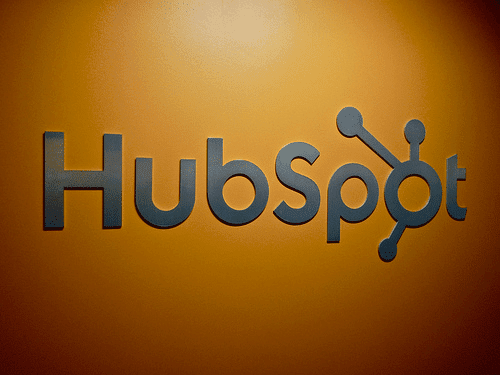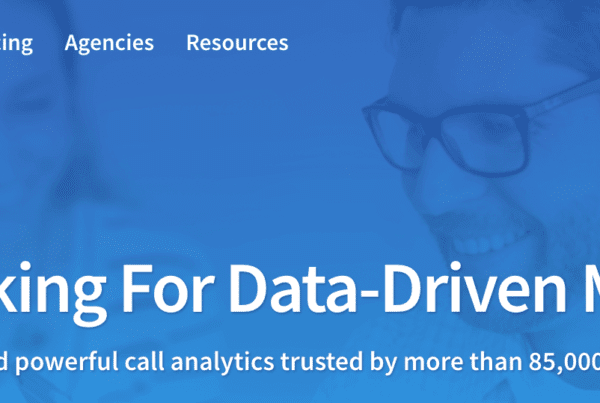This blog post is part of “The Ultimate Guide to Lead Generation” blog series.
If you are struggling to succeed at marketing in the digital age, you’re not alone. A 2016 report published by SmartInsights found that 47 percent of businesses are attempting to do digital marketing with no strategy. If not a recipe for disaster, it’s a recipe for an inefficient use of time and money. What business can afford that?
The good news is that there are many resources out there to help you. From online guides and training videos, to marketing agencies that specialize in various parts of the digital marketing ecosystem. Here is an overview of the different types of agencies available to help companies develop and execute a digital marketing strategy.
- SEO Agency. Search engine optimization (SEO) is a kind of ground zero for digital marketing. Creating and publishing content in a way that is optimized to improve search rankings was one of the first digital marketing specialties to professionalize. In the early days of web marketing, it was relatively easy to trick Google into ranking your pages high and there wasn’t nearly as much competition. Now, with machining learning and natural language processing–along with massive amounts of competition for search ranking–search engines are reading content and search terms in order to match user intent, not keywords. It is much more difficult to manipulate search results. As a consequence, SEO agencies have either disappeared or broadened their offerings to include other digital marketing services.
- PR Agencies. Press releases were another big part of the early days of digital marketing, and were a means to publishing keyword-rich (some would say stuffed) content. That’s all changed, and most press releases are now pretty much ignored by search engines. PR databases like Cision, Meltwater and Muck Rack have emerged to help companies get found by reports and journalists–a different twist on SEO and more focused on getting media coverage than on lead generation.
- Website Development Firm. There are lots of agencies specializing in website development. Websites are a key part of digital marketing, and it is critical to build your website in a way that is aligned with how people research and purchase your product. Web agencies often have SEO experts in-house, and SEO still matters. A web firm may also have a graphic artist to create custom graphics or use templates and themes pre-built that can be tailored to your business.
- Graphic Design Agency. Graphic design agencies are typically staffed with artists that can shape your brand identity with logos, color palettes and creative standards that you can apply to everything else you do, online and offline. Some have additional capabilities such as media purchasing (helping you develop ads and find the best place to run them), and web development to offer a wider range of digital marketing services.
- Social Media Agency. There are also agencies that specialize in just social media, focusing on how to get you more followers, more likes, and more engagement to drive both awareness and sales.
- Ad Agencies. Ad agencies where the Mad Men live (or lived), creating the slogans and pitches, along with the visual support in the form of print, video and multimedia that will get your message across. Ad firms also usually do media placement and will crunch the demographic numbers to help you get your ads in front of the right eyeballs.
- Digital Marketing Agency. The digital marketing agency is a big umbrella that often offers all or most digital marketing services: SEO, PR, web design, graphic design, social media and advertising, tying all together to articulate a clear message to build brand awareness and to build a lead generation, qualification and nurturing process. More important than a menu of services, however, is the overarching strategy that so many companies seem to be missing. Making all the pieces work together to achieve marketing success is easier said than done.
Digital marketing is evolving at a rapid pace and many companies are finding it challenging to keep up. This is especially true for businesses that predate the digital age. In industries like manufacturing, construction, and healthcare, the learning curve can be steep and seem overwhelming. It’s not impossible to catch up, but having the right strategy will be critical.
This blog post is part of “The Ultimate Guide to Lead Generation” blog series.




